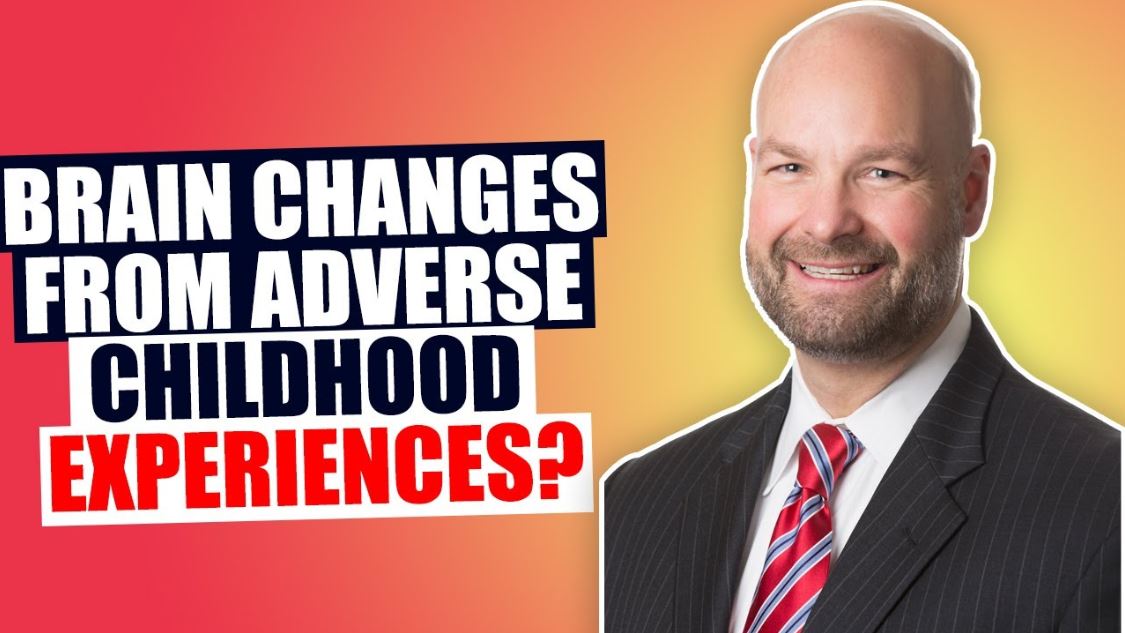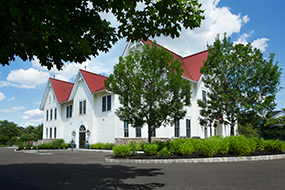I’m Tony Baratta. Today, I want to speak about adverse childhood experiences and how those experiences actually change the chemical makeup of one’s brain.
Traumatic events during childhood
As you may know, I have represented numerous children who have been sexually abused or have suffered other very serious traumatic events in their childhood. And they were exposed to those events over and over again.
It’s my experience, and I’ve learned from the doctors that I’ve spoken to about this, that the best way to explain what these children have gone through is to explain how those adverse childhood experiences have actually changed their brain makeup.
Examples of adverse child experiences
Adverse child experiences can be things like being regularly punched or regularly insulted. Or maybe a child watched his mother regularly being beaten. It can also happen as a result of living in a household with a parent who is a drug abuser. In fact, any regular volatile experiences in a child’s upbringing can create these kinds of chemical changes.
Resulting chemical changes
In the classic fight or flight response, chemicals like adrenaline start pouring into the brain. This is a genetic response that’s supposed to help us avoid being eaten by bears. So if you’re in the forest and you encounter a bear, the fight or flight response allows us to escape the bear.
But if the bear is coming home from the bar every night, then our brains are constantly getting that stress. And that stress actually changes the brain, so that any time a child, now in their adulthood, is confronted with certain situations, they immediately perceive danger even when danger is not there.
Their brain has been rewired
Their brain has been chemically rewired to sense conflict and be argumentative. They may also flee the situation or react in a way that seems unnatural because they now perceive every contact as a threat.
So when I try to explain to juries how these chronic or adverse childhood events occur to a child, I point out how it actually affects the chemical makeup of their brain. My name is Tony Baratta, and I hope this has been helpful to you.


